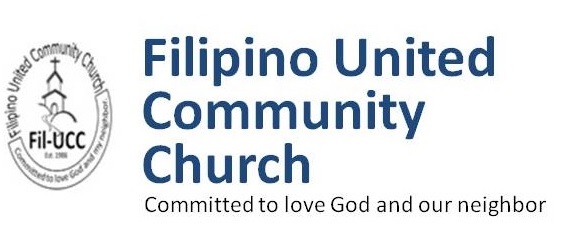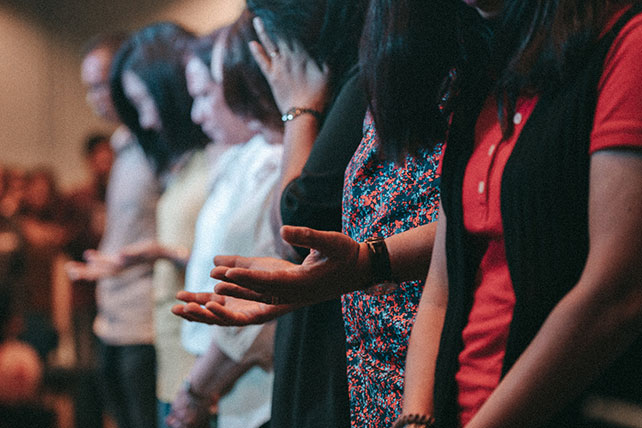In Days of Trouble, The Church Matters
January 30, 2021 (www.churchleaders.com)
By J.K. Wall
Psalm 20 is an anthem for the pandemic.
It begins, “May the Lord answer you in the day of trouble!” And certainly, we’ve been living in trouble for the past 365 days—ever since we first heard about the novel coronavirus.
But Psalm 20 goes on to say, “May he send you help from the sanctuary and give you support from Zion! May he remember all your offerings and regard with favor your burnt sacrifices.” Which is to say, may God send you help from the place of worship, from the church.
And, indeed, he has sent help from the church during the COVID-19 pandemic. We even have a Gallup survey to prove it. Gallup announced in December that the only group of Americans who didn’t report a decline in their mental health during 2020 were those whose attend religious services weekly. Separate research has shown an increase in suicides, drug overdoses and other “deaths of despair.” But weekly churchgoers saw their mental health scores go up in 2020—the only group that did—scoring just slightly above those making more than $100,000 a year.
As you can see below, Gallup broke out responses by a lot of the other categories we think matter in life—income, age, race, marriage status, political party and even political ideology (not shown below, but available here). But none of that mattered for how well people coped with the anxiety brought on by the pandemic.
So what does matter? The Gallup survey provides suggests four key things.
Church matters. As Christians we memorize Matt. 18:20, which tells us Christ is present whenever two or three—or three hundred—Christians gather. We cite 1 Cor. 10:16 that the bread and the wine of communion connects us to the body and blood of Christ, with all the power they contain. But how much do we really believe that there is true power at work whenever the church meets for worship? The Gallup survey suggests we should.
Relationships matter. In addition to spiritual power, church attendance also has the benefit of regular interaction with others—something that’s been hard to come by during the pandemic. Hebrews 10:24-25 calls for Christians to meet together in order “to stir up love and good works” and to be “encouraging to one another.” That seems to have actually happened in 2020.
Habits matter. We tend to define ourselves by what we think, which groups we identify with, or how well we’re doing professionally and financially. But when those things are shaken up, habitual behaviors show the things that truly define us. The Bible teaches this principle over and over, but perhaps the most compelling verse on it is Jeremiah 13:23: “Can the Ethiopian change his skin or the leopard his spots? Then also you can do good who are accustomed to do evil.”
Psalm 20 includes one of the strongest declarations of trust in all of scripture: “Some trust in chariots and some in horses, but we trust in the name of the LORD our God. They collapse and fall, but we rise and stand upright.”
As the pandemic continues to rage, killing thousands of people every day, one of the best things we can do is to go to church and sing Psalm 20.
This article originally appeared here.

